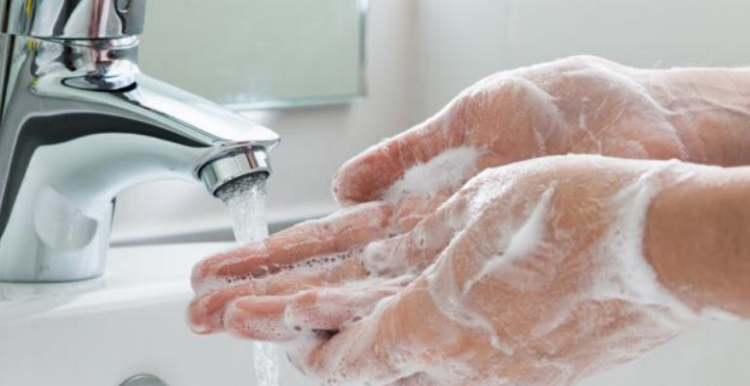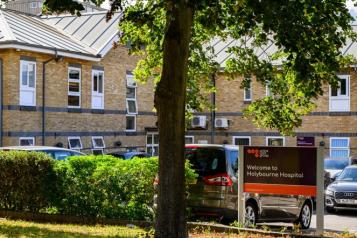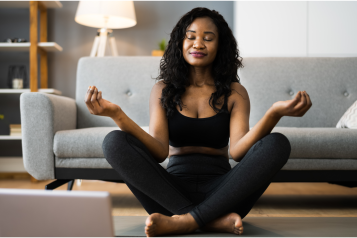Information on Coronavirus

For the most up to date information about COVID-19 be sure to check Gov.uk.
Stay alert
We can all help control the virus if we all stay alert. This means you must:
- stay at home as much as possible
- work from home if you can
- limit contact with other people
- keep your distance if you go out (2 metres apart where possible)
- wash your hands regularly
Do not leave home if you or anyone in your household has symptoms.
If you think you might have coronavirus
Symptoms
-
A high temperature
- A new, continuous cough
What to do if you have these symptoms
Do not go to a GP surgery, pharmacy or hospital. You should stay at home and self isolate.
Only call 111 if you cannot get help online.
You do not need to contact 111 to tell them you're staying at home. Read the NHS advice about staying at home.
Use the NHS 111 online coronavirus service if:
- You feel you cannot cope with your symptoms at home
- Your condition gets worse
- Your symptoms do not get better after 7 days
How to self isolate if you or someone in your house has coronavirus
If you have symptoms of coronavirus you should stay home and self isolate. What this means is you should not leave your house, even to do shopping, to avoid spreading the virus. If you live alone, you should stay at home for seven days from when your symptoms started. If you live with others, then you must stay at home for seven days from when your symptoms started. However, everyone else in the household who is well must stay at home and not leave for 14 days.
For more information about when to self isolate and what this means for families visit the Government website.
How to avoid catching or spreading germs
Do:
-
Cover your mouth and nose with a tissue or your sleeve (not your hands) when you cough or sneeze.
-
Put used tissues in the bin straight away.
-
Wash your hands with soap and water often, and for 20 seconds – use hand sanitiser gel if soap and water are not available.
-
Try to avoid close contact with people who are unwell.
Don't:
-
Do not touch your eyes, nose or mouth if your hands are not clean.
How to self-isolate if you're asked to
If there's a chance you could have coronavirus, you should self-isolate.
This means you should:
- stay at home
- not go to work, school or public places
- not use public transport or taxis
- ask friends, family members or delivery services to do errands for you
- try to avoid visitors to your home – it's OK for friends, family or delivery drivers to drop off food
You will need to do this for up to 14 days to help reduce the possible spread of infection.
Read more coronavirus self-isolation advice.
Advice for people at high risk
If you're at high risk of getting seriously ill from coronavirus, there are extra things you should do to avoid catching it. These include:
- Not leaving your home – you should not go out to do shopping, visit friends or family, or attend any gatherings
- Avoiding close contact with other people in your home as much as possible
For the full list of people who are considered high risk visit the Government website.
Find out more about shielding on our webpage here:
Further information
NHS England had produced a list of common questions about coronavirus, covering advice for you and your family, how it's caught and spread, prevention, self-isolation, testing and treatment and foreign travel.
Other places for information:
Quick Links
How to Acces Services During Coronavirus
Staying Safe while Moving Out Of Lockdown
How to get Tested by the NHS for Coronavirus
How to get help from the local Community - Wandsworth Community Hub
Wandsworth Organisations - Directory of Support
How to help your local community
Support for mental health and wellbeing
Learning Difficulties & Coronavirus
Planning Care At The End Of Life


